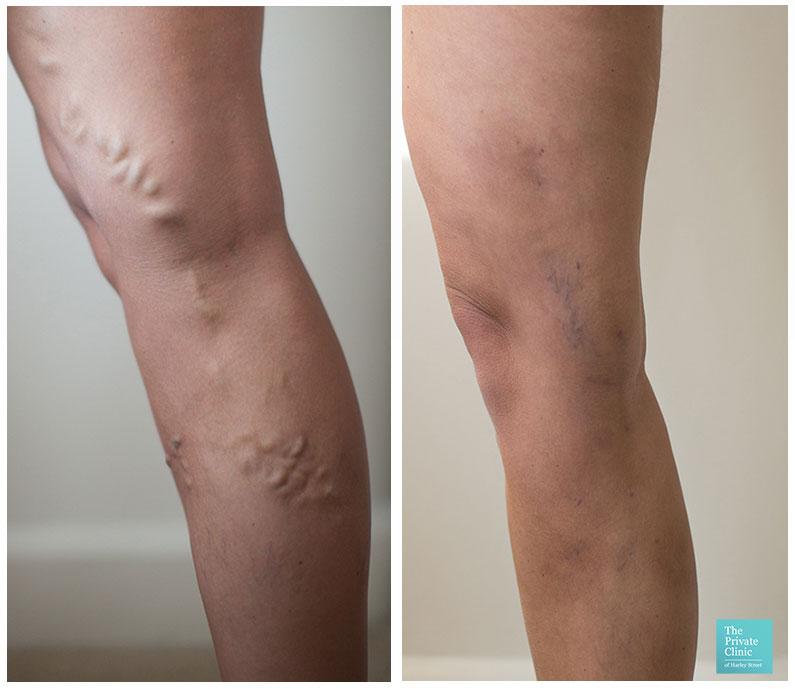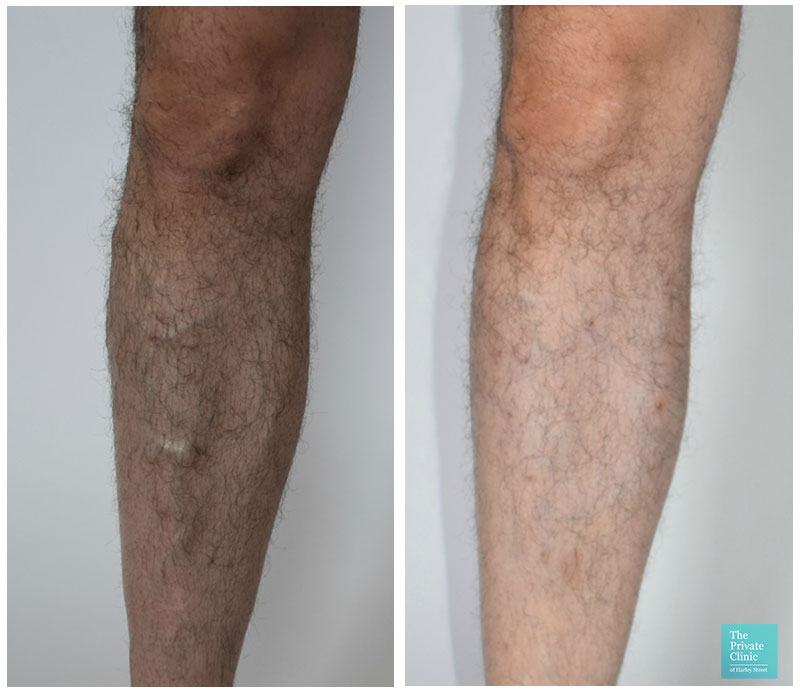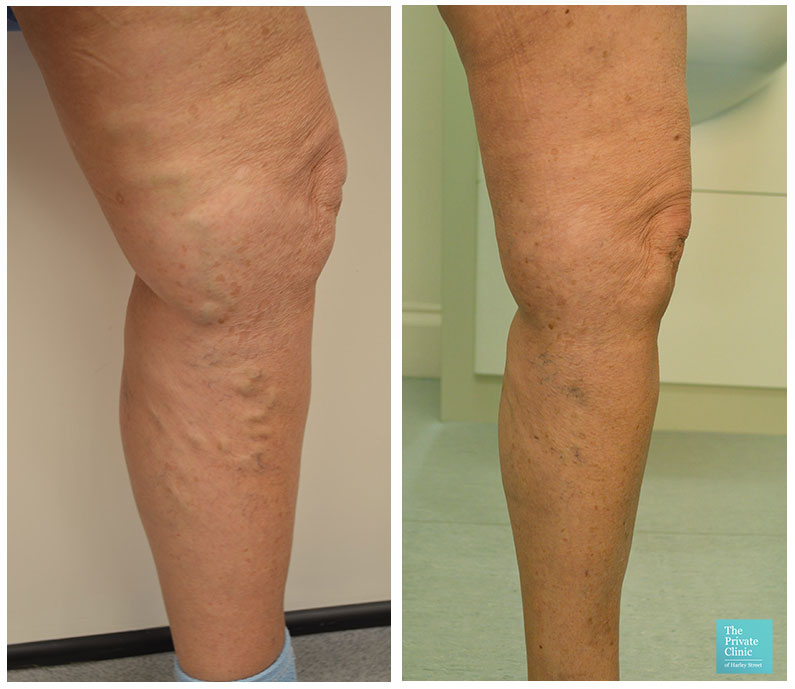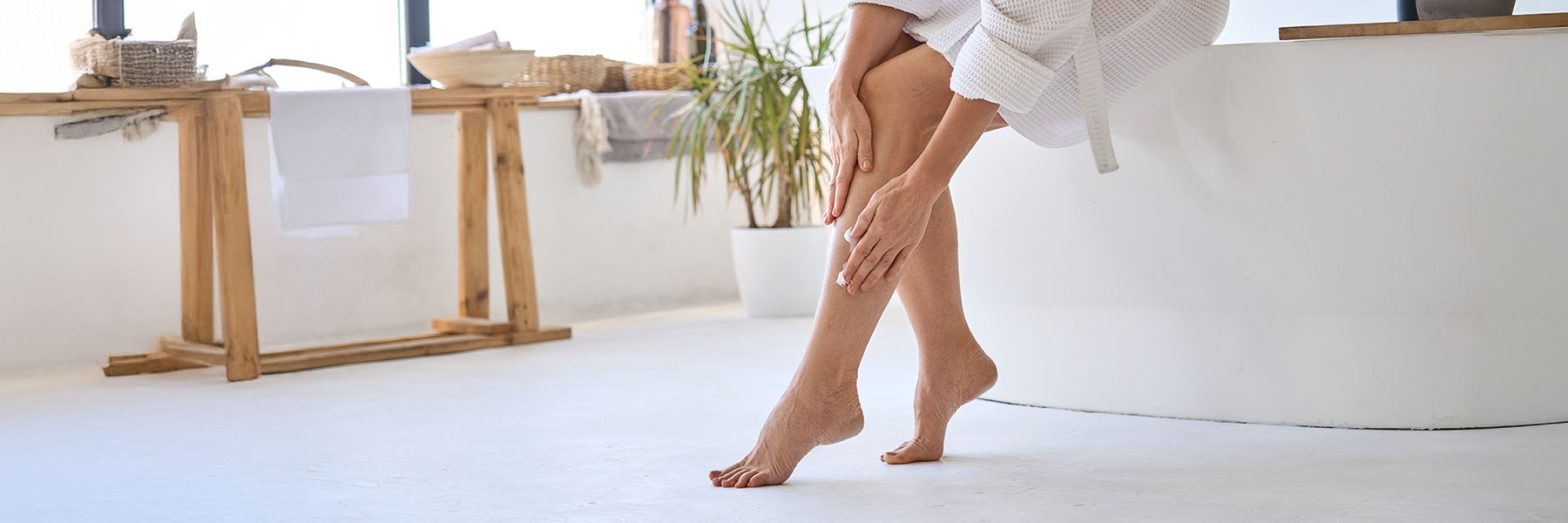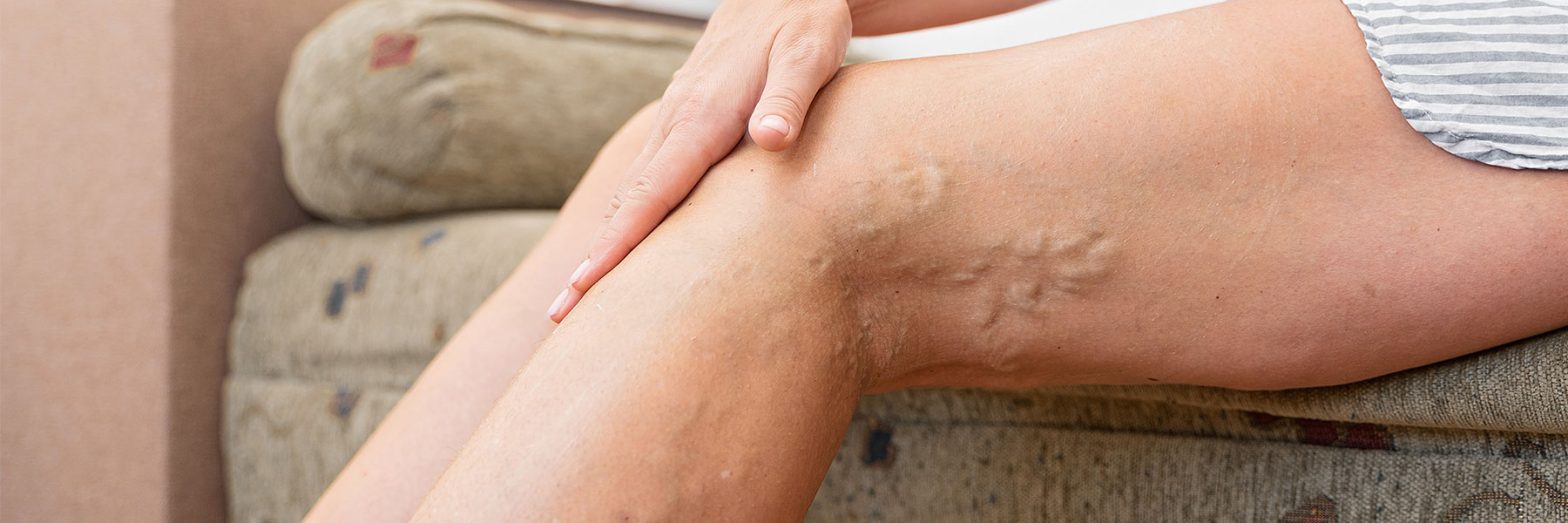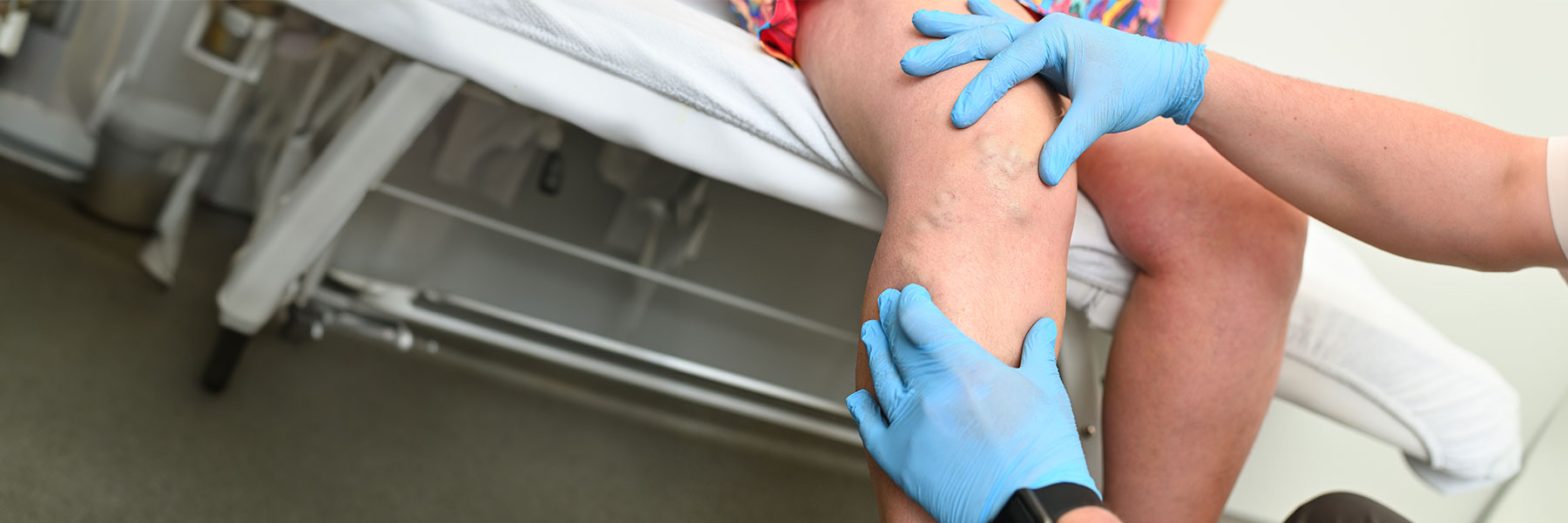
When to Worry About Varicose Veins: Understanding the Stages and Treatment
Varicose veins can progress from a cosmetic concern to a serious health issue if left untreated. At The Private Clinic, we’ve spent over 40 years refining minimally invasive treatments for varicose veins. Our expert Vascular Surgeons use gold-standard procedures like EVLA, boasting a 95.4% five-year success rate, to help patients regain comfort and confidence with minimal downtime. Recognising the stages of varicose veins is key to seeking timely treatment. In this post, we’ll guide you through how varicose veins develop and help you understand when it’s time to consult our specialists.
The Importance of Early Varicose Vein Treatment
Seeking treatment for varicose veins in the early stages is crucial for your leg health and overall well-being. Early intervention can significantly improve your quality of life by alleviating symptoms such as pain, discomfort, and swelling. It also prevents the condition from progressing to more serious complications like venous ulcers or blood clots. Remember, early treatment means simpler solutions and better outcomes.
When to Worry About Varicose Veins
If you’re experiencing any of the following symptoms, it’s time to consult a specialist:
- Persistent swelling in the legs or ankles
- Pain or aching in the legs that worsens with standing
- Skin changes such as discolouration or thickening
- Open sores or ulcers on the legs
- Hardening of the veins
Early treatment can not only alleviate discomfort but also prevent more advanced complications like ulcers or deep vein thrombosis (DVT).
Use our interactive tool to see if we can help
How Do Varicose Veins Develop?
Varicose veins typically occur when the small valves inside the veins stop working properly. This causes blood to pool in the veins, leading to swelling, twisting, and discolouration, primarily in the legs. As the condition progresses, varicose veins can cause a range of symptoms, from mild discomfort to serious complications. For more detailed information on varicose veins, including causes, symptoms, and treatments, you can also explore the NHS resource on varicose veins.
The Stages of Varicose Veins
Stage 1: Vein Swelling (Early Stage Varicose Veins)
At this stage, changes inside the veins cause symptoms like heaviness, cramping, or itching in the legs, though the veins may not yet be visible. Symptoms often worsen after long periods of standing.
Treatment: Lifestyle changes such as regular exercise, maintaining a healthy weight, and avoiding prolonged standing may help alleviate symptoms.
Stage 2: Spider Veins
Small red or blue veins begin to appear beneath the skin’s surface. While spider veins may not always cause discomfort, some people experience mild burning or aching.
Treatment: Sclerotherapy or laser treatments may be recommended for cosmetic concerns.
Stage 3: Varicose Veins
By this stage, veins become larger and visibly twisted, causing aching, swelling, and heaviness in the legs.
Treatment: Minimally invasive procedures like EVLA (Endovenous Laser Ablation), VenaSeal, or RFA (Radiofrequency Ablation) are often recommended.
Stage 4: Edema (Swelling)
Blood pooling in the legs causes swelling, particularly in the lower legs and ankles. This stage often includes tightness or pain.
Treatment: Compression therapy and minimally invasive procedures are used to address both the swelling and the underlying vein issues.
Stage 5: Skin Changes
Skin changes, including thickening and discolouration, may appear around the ankles. The skin can become brownish or reddish and may feel irritated or itchy.
Treatment: Advanced treatments like EVLA or RFA, combined with skin care regimens, are often recommended.
Stage 6: Venous Ulcers
Untreated varicose veins can result in venous ulcers—open sores on the legs that are difficult to heal and prone to infection.
Treatment: Immediate medical intervention is necessary, involving a combination of wound care, compression therapy, and advanced vein treatments.
How We Treat Varicose Veins at The Private Clinic
At The Private Clinic, we focus on treating the underlying cause of varicose veins to prevent them from progressing through these stages. We follow a 4-stage treatment pathway to address varicose and thread veins, and our Consultant Vascular Surgeons use advanced, minimally invasive treatments tailored to each patient’s condition.
We offer the following advanced treatments:
- EVLA (Endovenous Laser Ablation): Considered the gold-standard treatment, EVLA uses laser energy to close off faulty veins. It has a success rate of 95.4% after five years according to NICE guidelines.
- RFA (Radiofrequency Ablation): This treatment uses radiofrequency heat to seal affected veins, offering effective relief with minimal discomfort.
- Foam Sclerotherapy: A foam solution is injected into the veins to close them off and reduce their appearance.
- VenaSeal: A glue-based system that seals the veins with minimal injections.
- Phlebectomy: A minimally invasive procedure to remove larger surface veins through small incisions.
All procedures are performed under local anaesthetic, and there is minimal downtime—most patients can walk out the same day.
For more information about our treatments and to read patient testimonials, visit our Varicose Vein Treatment page.
Varicose Vein Before and After Results
See more Varicose Vein treatment results
Take the First Step Towards Healthier Legs
Don’t let varicose veins progress to more severe stages. By addressing varicose veins promptly, you can reduce the risk of skin changes, minimise the extent of treatment needed, and potentially avoid more invasive procedures in the future. Early treatment not only improves the appearance of your legs but also ensures better long-term vein health, making it easier to maintain an active and comfortable lifestyle.
Our Consultant Vascular Surgeons ensure you receive the best care from diagnosis to recovery. Don’t wait for your varicose veins to worsen—take action now for healthier, more comfortable legs.
Contact us today at 0333 920 2471 or visit our online varicose veins contact page to schedule your consultation.





